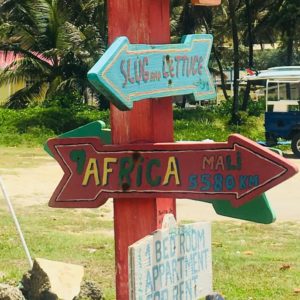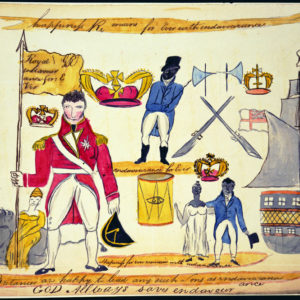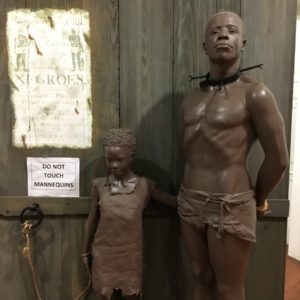
Teaching “What to the Slave is the Fourth of July?”
“This Fourth [of] July is yours, not mine. You may rejoice, I must mourn.” In Rochester, New York, on July 5, 1852, Frederick Douglass excoriated the nation for its hypocrisy, brutality, and arrogance in an Independence Day oration that still stings. What arguments did he make? What rhetorical skills did he display? How did he … Continued





